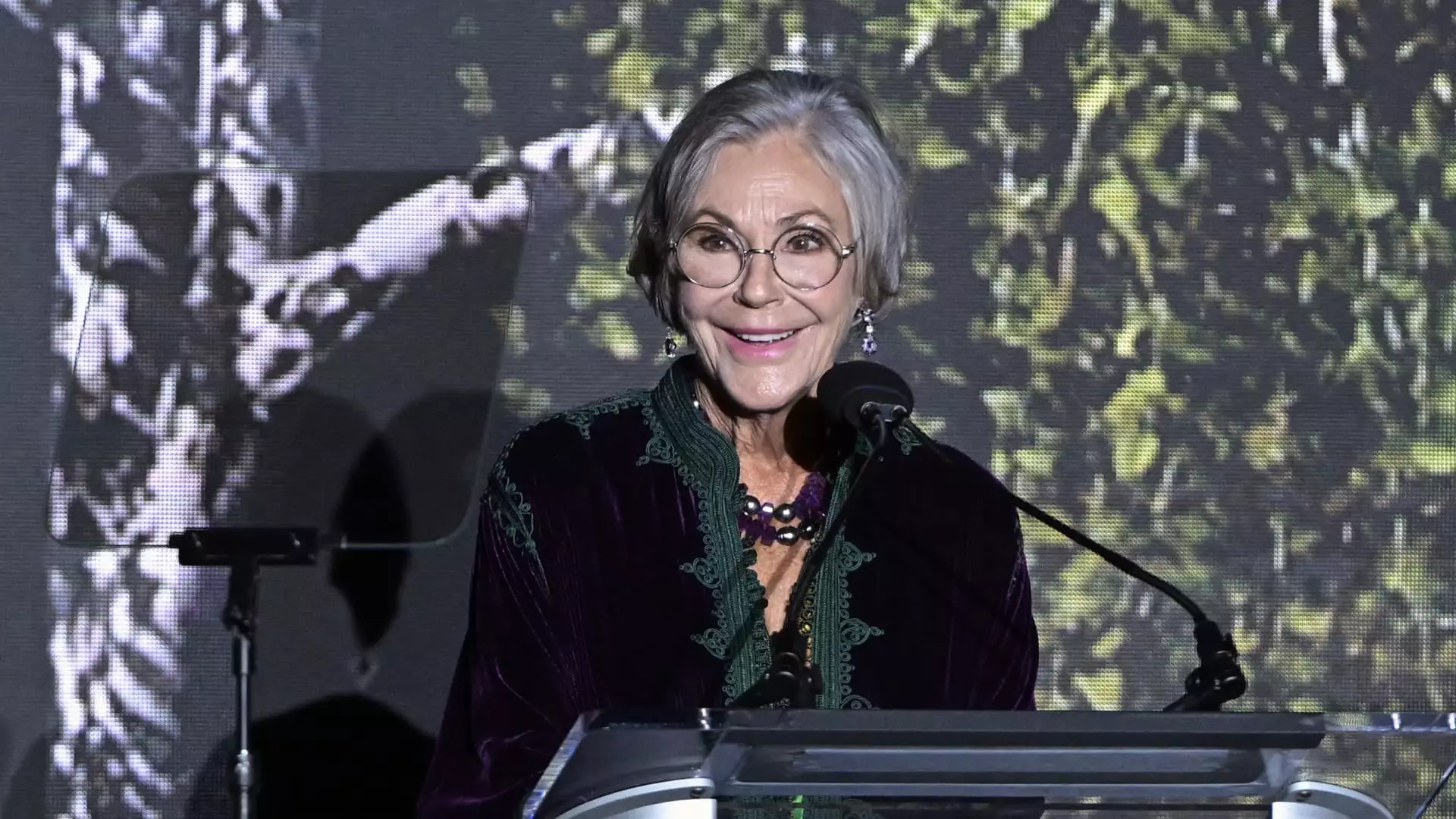Women in Billionaire Circles: A Shift Towards Philanthropy and Inheritance

The landscape of wealth is changing, and women are increasingly becoming a formidable presence among the world’s billionaires. A recent report elucidates the evolving dynamics of this elite class, revealing not just the numbers but the values and spending habits that characterize this growing segment.
As of now, out of 3,323 billionaires globally, around 431 are women, which constitutes roughly 13% of the total. While this percentage may appear modest, it represents a gradual yet significant increase in female representation within the upper echelons of wealth over the past decade. Several factors contribute to this trend, including the ascent of female entrepreneurship, shifting societal perceptions towards women in leadership, and considerable intergenerational wealth transfers. This evolution hints at a forthcoming wave of affluent women who are likely to redefine not only what it means to be wealthy but also how wealth is managed and distributed.
A striking revelation from the report is the substantial role of inheritance in the wealth accumulation of female billionaires. Approximately 75% of all female billionaires have inherited some form of their wealth, with a notable 38% inheriting their fortunes entirely. High-profile exemplars of this demographic include Alice Walton, Julia Flesher Koch, and Françoise Bettencourt Meyers, who each command wealth exceeding $70 billion. In comparison, inheritance plays a much less significant role among male billionaires, with a mere 5% tracing their fortunes back to family wealth. This disparity lays bare not only the different pathways to wealth but also suggests that women may be more inclined to embrace philanthropy—often viewed as a natural extension of inherited wealth.
The anticipated “Great Wealth Transfer,” projected to distribute up to $30 trillion in assets to women over the next decade, signals a transformative shift in wealth distribution. This phenomenon is expected to further enhance women’s prominence in the billionaire class while redefining their spending habits and philanthropic endeavors. The prevailing trend suggests that female billionaires, who already show a strong inclination toward charitable activities, will increase their contributions to social causes.
The diverging priorities of male and female billionaires extend beyond mere wealth accumulation. Female billionaires tend to engage more significantly with nonprofit and social organizations. According to the report, nearly 20% of women billionaires dedicate the majority of their professional time to philanthropy, contrasted with only 5% of men. This inclination towards social responsibility likely stems from a combination of inheriting wealth—a situation that traditionally has prompted greater charitable engagement—and a lesser focus on commercial ventures compared to their male counterparts.
Divergences in investment strategies also illuminate the differing financial portfolios of billionaires based on gender. Female billionaires are likely to possess a larger percentage of wealth in private assets, with 35% compared to 28% held by men. Additionally, they tend to maintain more liquid assets and cash—39% for women versus 30% for men. Interestingly, men are more heavily invested in stocks, largely reflecting the tech sector’s prevalence among public company owners. Consequently, women often show a preference for acquiring luxury real estate, with a pronounced tendency to own properties valued at over $10 million, rather than spending on “toys” like yachts and private jets.
The distinctions between men and women billionaires extend into their personal pursuits as well. For women, philanthropy emerges as the predominant hobby, with 71% indicating it as a primary interest. Conversely, men often gravitate towards sports, underscoring not only their competitive nature but also their emphasis on traditional leisure activities. While women lean towards art, education, and travel, men generally find more joy in aviation, the great outdoors, and political engagement, presenting a fascinating snapshot of gendered interests among the very wealthy.
The rising presence of women among the world’s billionaires ushers in a unique paradigm characterized by inherited wealth, distinct spending habits, and a pronounced commitment to philanthropy. As the landscape continues to evolve with the anticipated Great Wealth Transfer, it will be captivating to observe how this new influx of female wealth reshapes the social and economic fabric of society, propelling women not only into the billionaire club but also into the role of prominent philanthropists and advocates for social change.





